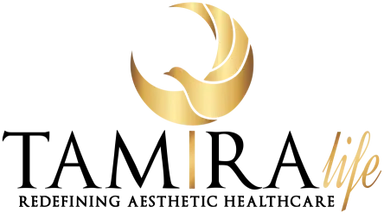
More information about selected concern
Small Chin
A well-shaped neck, chin contour, and jawline are all important components of a face's overall aesthetic appeal. A small chin, which is also referred to as hypognathism or recessed chin, is a condition where the chin is either small or set back too far from the nose. This can give the face an imbalanced look and often makes the person appear to have a "weak" chin. Individuals with this condition may report a lack of confidence and low self-esteem. Small chin man can have a negative impact on both personal and professional life.
If you have a weak or small chin, you do not have to worry. There are various treatment options like small chin surgery to improve the appearance of this condition.
Symptoms of small chin
Some of the common symptoms of small chin or recessed chin are as follows:
- The chin may appear small or recessed in comparison to the rest of the face.
- There may be an indentation or "notch" in the lower lip where it meets the chin.
- The lower jaw may be underdeveloped or set back further than usual.
- The chin may appear to be "hollow" or lack definition.
- The individual may have difficulty chewing food properly.
- There may be problems with biting or alignment of the teeth.
As a result of the above symptoms, the overall appearance of the face may be affected, appearing "unbalanced" or " disproportioned". In some cases, the teeth may be more visible than usual due to the recessed chin.
Causes of small chin
Developmental causes: The most common cause of a small chin is an underdeveloped lower jaw. This can be due to genetics, craniofacial abnormalities, or syndromes that affect the development of the face. Some individuals are born with weak chin muscles, which can also lead to a small chin. Also, the loss of bone and muscle mass that occurs with aging can make the chin appear smaller.
Trauma: Injury to the chin can cause the bone to break or the muscles to be damaged, resulting in a smaller chin.
What are the treatment options for small chin?
Fillers:
Fillers are a type of injectable that can be used to improve the appearance of the chin. They are made from materials such as hyaluronic acid, collagen, or fat. Fillers are injected into the chin to add volume and improve the contour.
Fillers are typically injected into the chin using a needle or cannula. The injection site is numbed with a local anesthetic beforehand. Fillers can also be injected into the lips to improve the appearance of the chin and last for six months to two years. They are a temporary solution for a small chin. After the filler wears off, the chin will return to its previous appearance. Fillers can be injected every six months to maintain the results. If you are looking for a more permanent solution, chin augmentation with implant surgery may be a better option.




